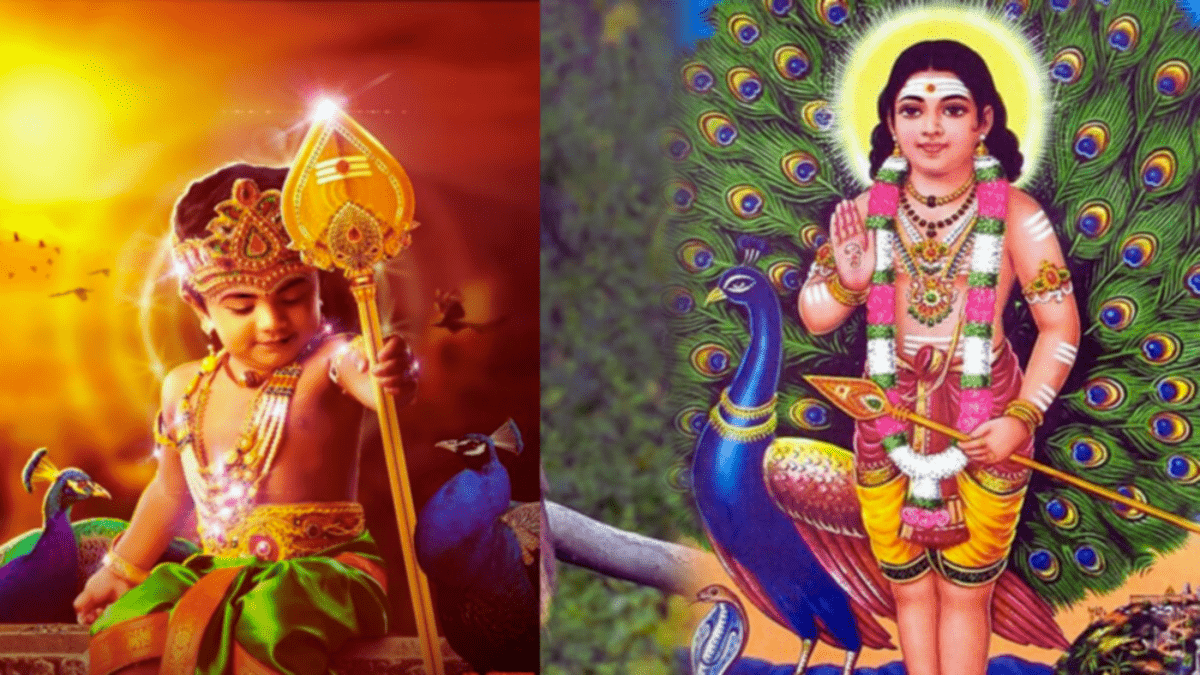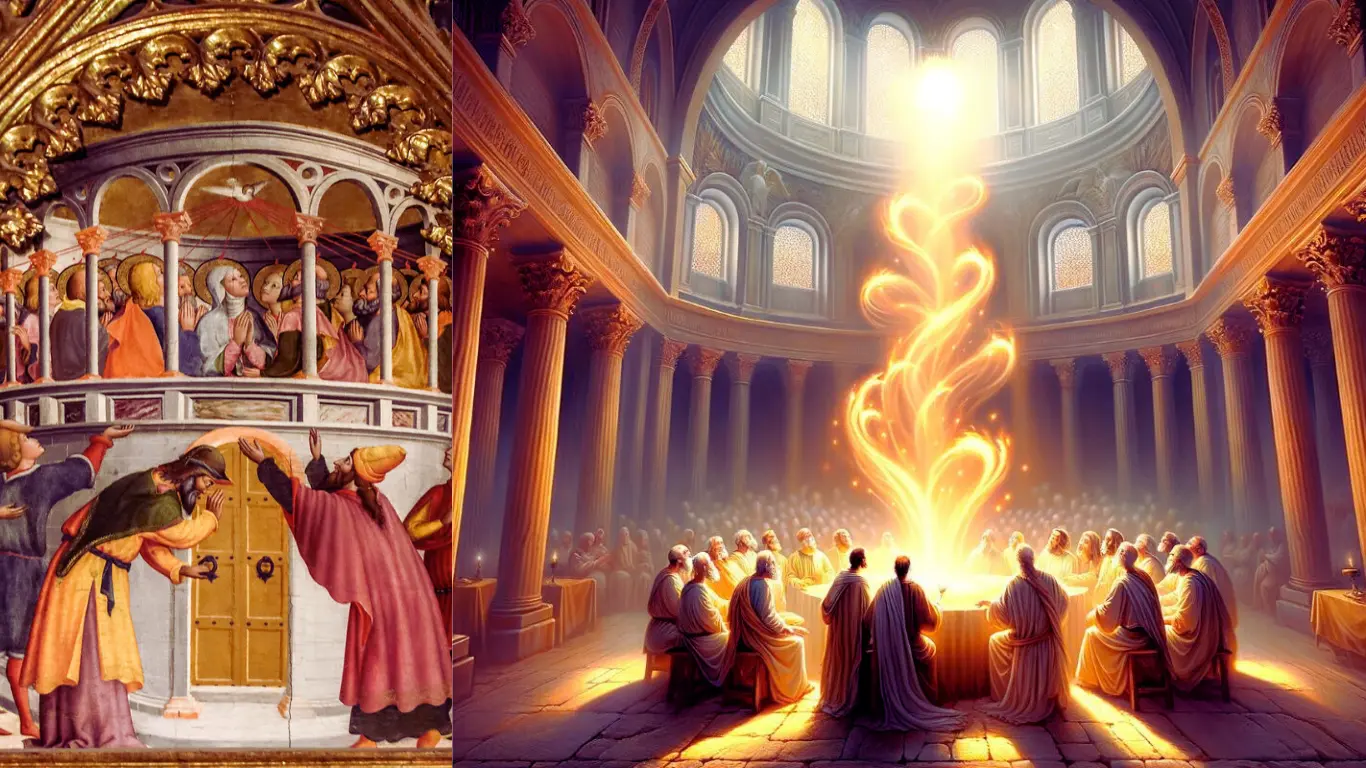Panguni Uthiram is an auspicious Tamil Hindu festival celebrated during the Tamil month of Panguni (March-April). It is notably significant for honoring Lord Muruga, the son of Lord Shiva and Goddess Parvati. The festival marks the celestial weddings of Hindu deities and is characterized by various rituals, including fasting, temple visits, and participation in processions. In 2024, the Uthiram Nakshatra, a vital component of the festival, begins at 07:34 AM on March 24 and continues until 10:38 AM on March 25. The full moon day or Purnima during this period holds immense importance, aligning with the Uttara Phalguni Nakshatra and creating an especially auspicious time for observances and celebrations.
The Legend Behind Panguni Uthiram
The Story of Lord Murugan
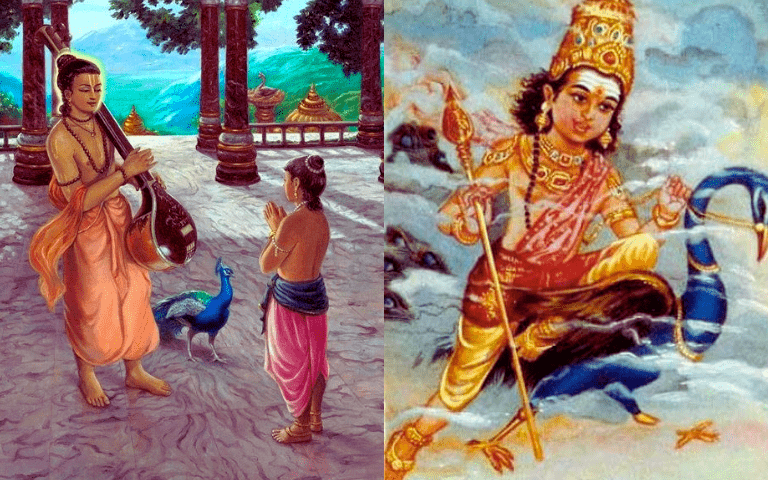
The legend of Lord Murugan and the significance of Panguni Uthiram intertwine in Hindu mythology, marking the celestial weddings of divine entities. Lord Murugan, also known as Kartikeya, is a central figure in this lore. Born to Lord Shiva and Goddess Parvati, Murugan is celebrated as the divine warrior who leads the gods to victory against the formidable demon Surapadman. The demon’s tyranny over gods and mortals led to divine intervention, with Murugan embodying the quintessence of valor and youth.
Panguni Uthiram itself is a festival commemorating the marriage of several divine couples, including Murugan and his consort Devasena. This union symbolizes the victory of good over evil, love over discord, and dharma over adharma. The day is observed with fasting, prayers, and rituals, highlighting the importance of devotion and the sanctity of divine marriages in Hindu tradition.
The Marriage of Shiva and Parvati
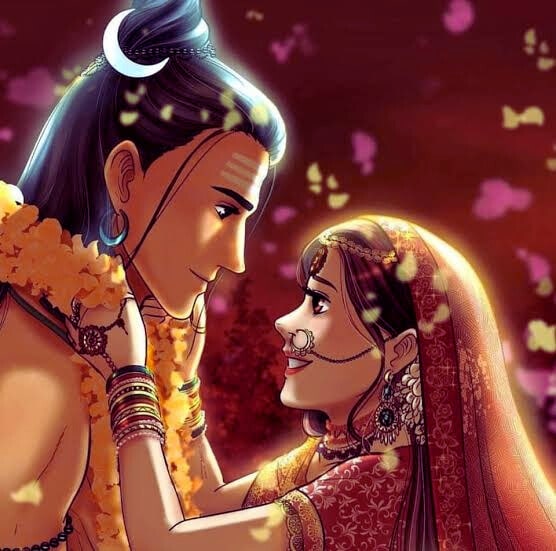
The marriage of Lord Shiva and Goddess Parvati is one of the most revered legends celebrated during Panguni Uthiram, a significant Hindu festival. This divine union symbolizes the perfect balance of Purusha (the supreme being) and Prakriti (nature), embodying the spiritual and material aspects of existence.
The story goes that Parvati, the reincarnation of Sati (Shiva’s first wife), undertook severe penances to win Shiva’s affection and bring him out of his deep meditation following Sati’s death. Moved by her devotion and realizing her true love for him, Shiva agreed to marry Parvati. Their marriage is celebrated as a cosmic event that upholds the sanctity of marital bond and love.
Panguni Uthiram, observed during the full moon of the Tamil month Panguni, commemorates not just the wedding of Shiva and Parvati, but also those of other divine couples such as Murugan and Deivanai, and Rama and Sita. It’s a day marked by fasts, rituals, and the enacting of these divine marriages in temples, emphasizing the importance of faith, devotion, and divine grace in Hinduism.
The Significance of Panguni Uthiram
Spiritual Significance
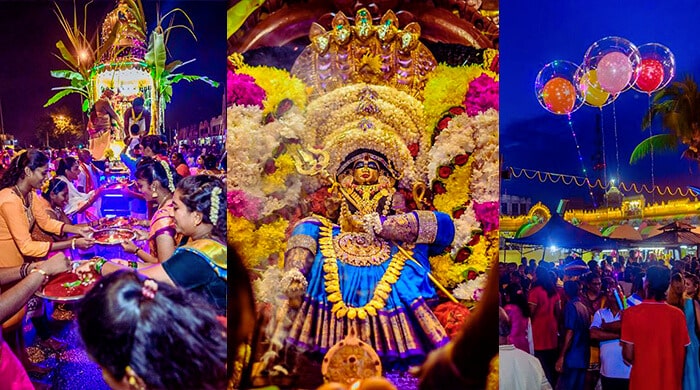
Panguni Uthiram is a day of profound spiritual and cultural significance in Hinduism, celebrated during the full moon of the Tamil month of Panguni. This festival symbolizes the ideal of relationships and marital fidelity, underscoring the sanctity of the marital bond. It teaches us the importance of relationships in maintaining a stable and harmonious society.
This auspicious occasion is dedicated to the worship of several deities including Lord Murugan, Lord Ayyappa, Lord Shiva, and Lord Vishnu, with a special focus on Lord Murugan. The festival celebrates divine marriages, such as the unions of Lord Shiva and Goddess Parvati, Lord Murugan, and Goddess Deivanai, highlighting the glory of Grihasta Dharma (the householder life) and the divine aspect of marital life.
The alignment of the Uthiram star with the full moon of Panguni month makes this festival particularly special, symbolizing unity and the divine blessings on relationships. It’s a time when the faithful engage in fasts, prayers, and rituals to honor these divine unions, seeking blessings for their own relationships and familial harmony.
Cultural Impact Across Regions
Panguni Uthiram holds a deep cultural and religious significance, especially within the Tamil community, where it has been celebrated for years. This festival is a vibrant testament to the sanctity and importance of marital life, deeply rooted in Hindu traditions. Its celebration is not just limited to Tamil Nadu but has a profound impact on Tamil people worldwide, reinforcing the bond of marriage and family life across different regions.
Beyond its spiritual significance, Panguni Uthiram symbolizes the dissolution of negative influences and faults, particularly those affecting family life. This festival showcases the rich cultural tapestry and religious practices that not only bind communities but also offer insights into how traditions adapt and maintain their relevance across different cultures and regions.
How Is Panguni Uthiram Celebrated?
Rituals and Traditions
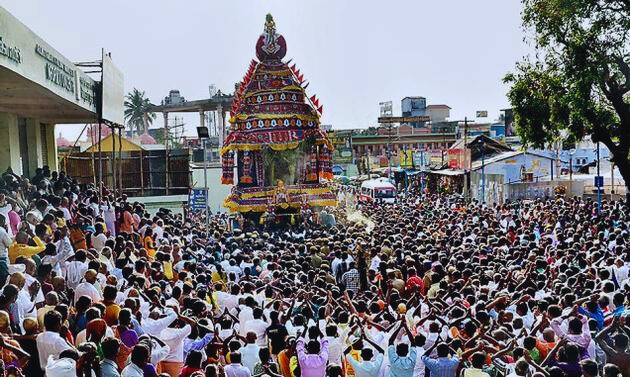
Panguni Uthiram is celebrated with a variety of rituals and traditions that are deeply symbolic and spiritually significant. Devotees cook a special feast and offer it to the deity, expressing gratitude and seeking blessings. The festival is known for its vibrant processions, traditional music, and the participation of the community in various ceremonial activities.
This festival is celebrated by both Shaivites and Vaishnavites, marking significant mythological events such as the marriages of Lord Shiva to Goddess Parvati, and Lord Murugan to Deivanai, among others. These divine weddings symbolize the union of power and compassion, strength and grace. Such occasions bring together people from various walks of life to engage in worship, sing hymns, and participate in rituals dedicated to the deities.
In addition to the religious significance, Panguni Uthiram also features fasting (Vratham) by devotees, which is a testament to their devotion and a way to purify oneself spiritually. The day is also significant for the worship of Lord Vishnu in his aspect as Mahalakshmi, highlighting the festival’s emphasis on prosperity, auspiciousness, and the sacredness of marital fidelity.
The Role of Fasting
Fasting plays a crucial role in the celebration of Panguni Uthiram, symbolizing devotion, purification, and self-discipline. Devotees observe a strict fast on this day, which is especially significant among followers of Lord Muruga. The fasting rules are specific: participants may abstain from consuming solid food, with allowances for fruits and milk. This act of abstaining from regular meals is seen not just as a physical discipline but also as a spiritual practice to enhance one’s focus and prayers during the festival.
Furthermore, the practice of fasting during Panguni Uthiram is believed to bring about various benefits, including blessings of wealth, happiness, and prosperity, especially for couples who get married on this auspicious day. It underscores the festival’s emphasis on the themes of love, marital fidelity, and family prosperity.
In addition to personal purification, the rituals and prayers performed on Panguni Uthiram, amplified by fasting, are thought to have the power to resolve relationship problems and bring good fortune to the devotees’ lives.
Processions and Festivities
Panguni Uthiram is celebrated with great fervor and devotion among Tamil Hindus, marked by processions and various festivities. This festival occurs in the Tamil month of Panguni when the Uthiram (Uttara Phalguni) nakshatra prevails. It is a day of great importance, dedicated primarily to honoring Lord Muruga, the son of Lord Shiva and Goddess Parvathy, among other deities.
The celebrations include:
- Processions: These are a significant aspect of Panguni Uthiram, where devotees participate in orderly and often ceremonial marches. These processions might involve carrying idols of the deities through the streets or within temple complexes, creating a sacred ambiance for communal worship.
- Festivities: The festival is characterized by a variety of social activities including special prayers, singing hymns, and other celebratory events. These festivities serve to bring the community together, allowing people to share in the joy and spiritual significance of the occasion.
The emphasis on processions and festivities during Panguni Uthiram underscores the communal and celebratory aspects of the festival, making it a time of joy, devotion, and spiritual renewal for Tamil Hindus.
Panguni Uthiram in Different Regions
Tamil Nadu
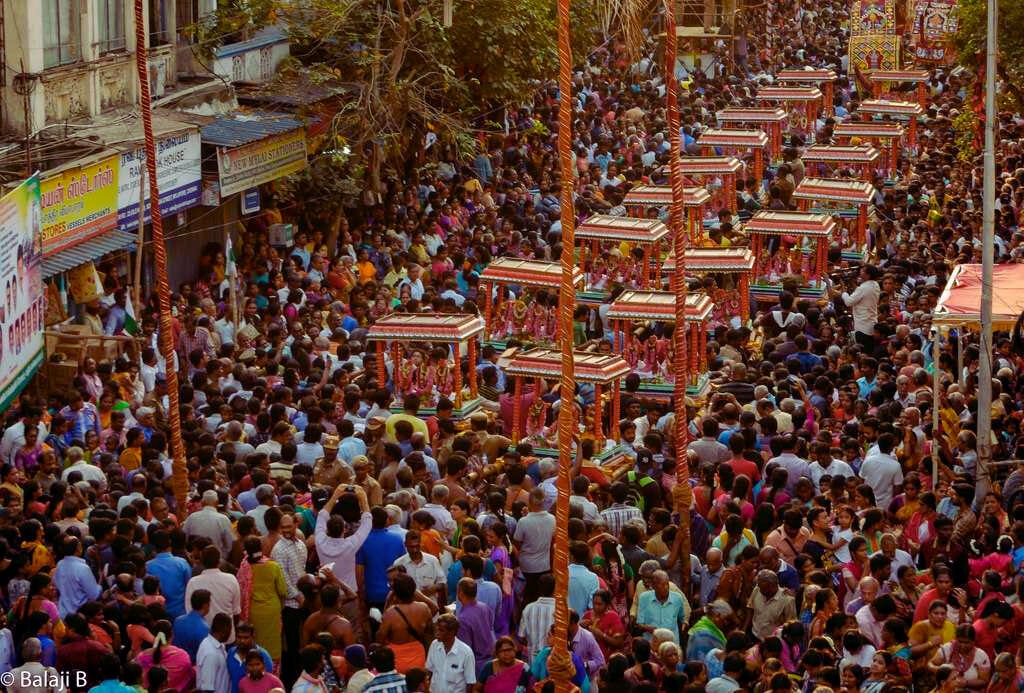
Panguni Uthiram is a significant festival across various regions of Tamil Nadu, celebrated with great enthusiasm and religious fervor. The festival commemorates the divine marriages of Hindu deities, including the unions of Shiva and Parvati, Rama and Sita, Murugan and Devasena, and Ranganatha, highlighting its widespread cultural and religious significance. Each region in Tamil Nadu has unique traditions and celebrations:
- General Celebrations: Throughout Tamil Nadu, including Andhra Pradesh, Karnataka, and Kerala, devotees attend temple rituals over a ten-day festival period. Murugan temples, in particular, saw a significant influx of devotees during this time.
- Madurai, Tiruchendur, and Thiruparankundram: In Madurai and nearby areas like Tiruchendur and Thiruparankundram, Panguni Uthiram is celebrated with grandeur. These regions witness large gatherings of devotees who undertake padayatras (pilgrimages on foot) to temples, participating in various rituals and celebrations dedicated to Lord Murugan and other deities.
- Unique Regional Traditions: The celebration draws multitudes to temples, with devotees engaging in distinctive practices such as carrying ‘kaavadis’ (burdens) and dancing on ‘giri valam’ (circumambulation of hills), especially pilgrims from southern districts and Kerala. These acts of devotion symbolize penance and spiritual discipline as part of the festival’s observances.
Panguni Uthiram is a testament to the rich cultural and religious tapestry of Tamil Nadu, showcasing the region’s deep spiritual heritage and communal harmony.
Sri Lanka
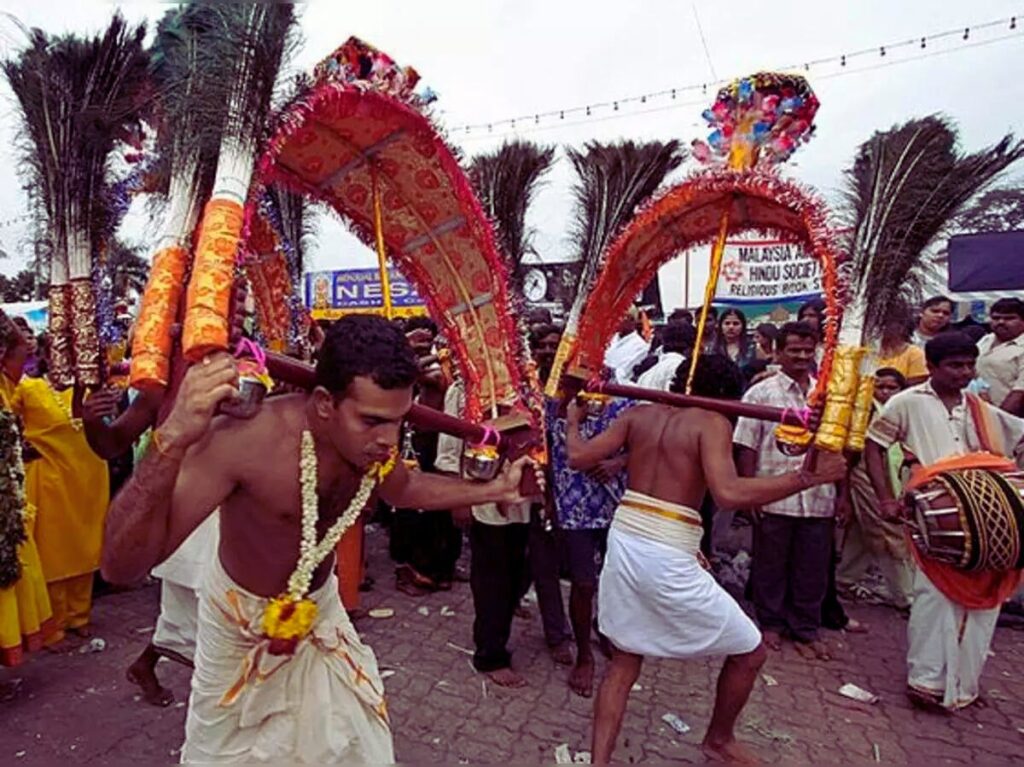
Panguni Uthiram is an important festival for Tamil Hindus in Sri Lanka, celebrated with significant religious fervor across regions with substantial Tamil populations. This festival falls in the Tamil month of Panguni (March-April) when the Uthiram (Uttara Phalguni) nakshatra prevails. It symbolizes the divine unions of Hindu deities, notably Lord Shiva with Goddess Parvathy and Lord Murugan with Deivanai, marking it a day of celestial weddings. Devotees observe the day with special poojas, and offerings, and participate in processions at temples dedicated to these deities.
Given the cultural linkage between Tamil Nadu and Sri Lanka, the festival’s observance in Sri Lanka mirrors the traditions seen in Tamil Nadu. Major Tamil festivals like Panguni Uthiram in Sri Lanka highlight the shared religious traditions and cultural ties across the Palk Strait. The festival’s celebration can vary from region to region within Sri Lanka, but the essence of observing divine marriages and offering prayers remains constant across the Tamil Hindu community.
Malaysia and Singapore
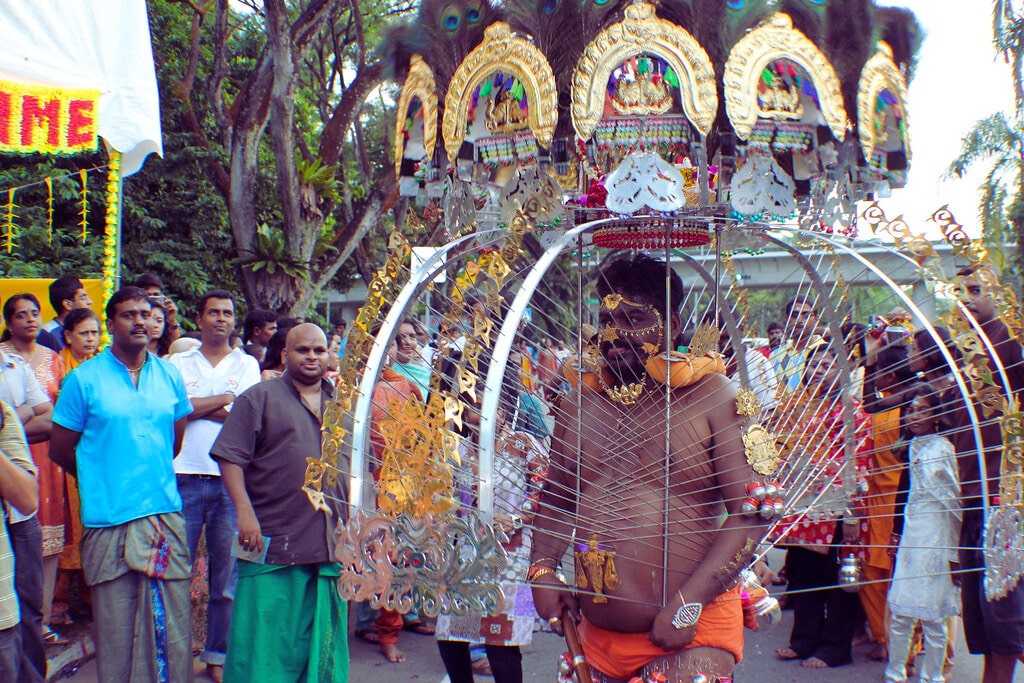
In Malaysia and Singapore, Panguni Uthiram is celebrated with much fervor among the Tamil Hindu communities. This festival, significant in Tamil Hindu tradition, occurs during the Tamil month of Panguni when the full moon aligns with the Uthiram (Uttara Phalguni) nakshatra. It’s a period marked by various religious activities honoring gods like Murugan, Shiva, Vishnu, and Ayyappa. Devotees often engage in processions, some carrying kavadis or having their bodies pierced with metal rods as a form of devotion or penance. The festival underscores the rich cultural tapestry of these countries, showcasing the importance of Tamil Hindu festivals outside of India. In both Malaysia and Singapore, Panguni Uthiram serves as a day for communal prayers, religious discourses, and cultural events, strengthening the bonds within the Tamil community and preserving their heritage in a multicultural context.
The Zodiac and Astrological Importance
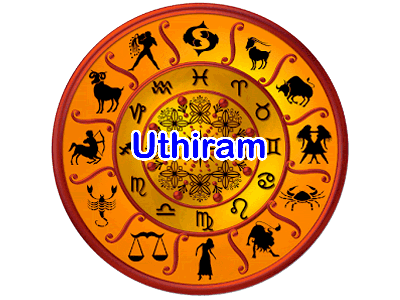
Panguni Uthiram holds significant astrological importance due to its alignment with the Uttara Phalguni nakshatra, which is ruled by the Sun. This alignment underscores the importance of relationships, especially marital relationships, in societal structure and individual growth. The festival emphasizes the glory of Grihastha Dharma (the householder’s life) and celebrates the divine unions of gods like Shiva and Parvati, underlining the sanctity of marriage and the strength of relationships. Astrologically, the day is considered auspicious for reversing destiny and bringing good fortune, especially in matters of love and marriage.
How to Participate in Panguni Uthiram Celebrations
For Devotees
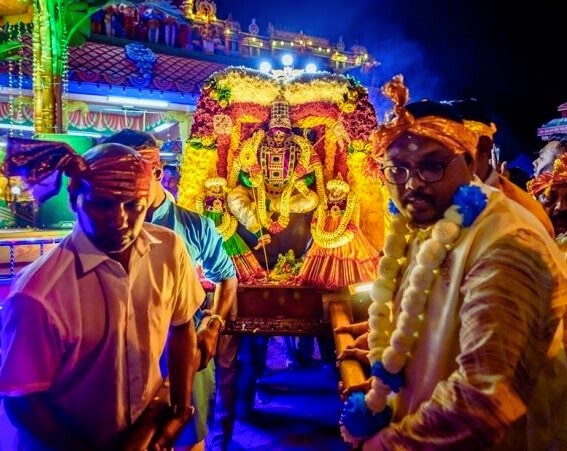
Devotees can participate in Panguni Uthiram celebrations by engaging in several religious and traditional activities. Here’s a concise guide:
- Decorate Idols: Adorn the idols of deities with jewels and flowers as part of the celebration rituals.
- Prepare and Offer Prasadam: Cook special feasts and offer them as prasadam to the deities during the festival.
- Observe Fasting: Many devotees observe a fast on Panguni Uthiram. This is a way to purify oneself and seek blessings.
- Visit Temples: Make pilgrimages to Lord Muruga and Lord Shiva temples to seek prosperity and blessings for goodness in life.
- Carry Pal Kudam/Kavadi: For those who have taken vows, carrying Pal Kudam (milk pots) or Kavadi as a form of devotion and penance is a significant part of the celebration.
Participating in these activities helps devotees honor the divine and strengthen their spiritual connections during Panguni Uthiram.
For Tourists
Tourists interested in experiencing the vibrant culture and religious festivities of Panguni Uthiram can participate in several ways:
- Attend the Festival: Travel to regions where Panguni Uthiram is celebrated, such as Tamil Nadu in India or Yangon in Myanmar, to witness the festivities first-hand.
- Observe Rituals and Processions: Watch the ceremonial rituals, including the kavadi procession, a unique aspect of the festival, and the silver chariot processions.
- Learn about the Significance: Understand the cultural and religious significance behind Panguni Uthiram, celebrating divine unions and the full moon of the Tamil month of Panguni.
- Engage Respectfully: While participating, ensure to respect the local customs and traditions. It’s a great opportunity to learn about Hindu culture and spirituality.
Tourists are welcome to join the celebrations, providing a unique insight into the traditions and spiritual practices of the Hindu community.
The Modern Relevance of Panguni Uthiram
Panguni Uthiram, celebrated during the full moon of the Tamil month of Panguni, maintains significant modern relevance through its teachings on the importance of relationships and the celebration of divine unions. In contemporary society, the festival underscores the enduring value of relationships, emphasizing the stability and prosperity they bring to individual lives and communities as a whole.
This auspicious day is also marked by the commemoration of several mythological divine marriages, including those of Shiva and Parvati, Rama and Sita, and Murugan and Devasena, among others. These narratives serve as symbolic representations of ideals such as loyalty, love, and devotion, which remain relevant in today’s world.
Moreover, it’s suggested that marriages conducted during Panguni Uthiram are blessed with wealth, happiness, and prosperity, highlighting the festival’s contemporary appeal to individuals seeking divine blessings for their unions.
Thus, Panguni Uthiram transcends its ancient origins, offering modern-day devotees not only a connection to cultural and religious heritage but also practical teachings on the significance of relationships and the pursuit of happiness and prosperity.
Conclusion
Panguni Uthiram stands as a beacon of cultural and spiritual magnificence, a festival that transcends geographical boundaries to bring people together in celebration of divine love and unity. It’s not just a date on the calendar but a day to reconnect with our spiritual selves, our community, and the timeless traditions that define us.
Read also: Who is the King of Cricket?
FAQs
Q. What is the best way to experience Panguni Uthiram for a non-Tamil speaker?
Participating in the communal festivities, observing the rituals, and interacting with the local community offer a profound experience, the language barrier notwithstanding.
Q. Can foreigners participate in the temple rituals during Panguni Uthiram?
Yes, foreigners are welcome to participate in most temple rituals, although it’s advisable to understand and respect the customs and traditions involved.
Q. Is there a specific dress code for attending Panguni Uthiram celebrations?
Traditional attire is recommended to honor the cultural and spiritual significance of the festival, though modesty and respect for the local customs are the primary considerations.
Q. Are there any specific foods associated with Panguni Uthiram?
Yes, traditional Tamil foods
